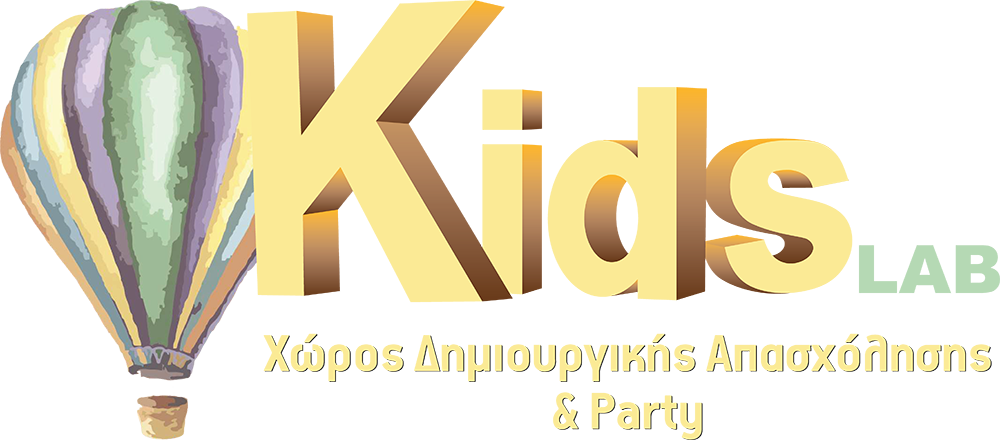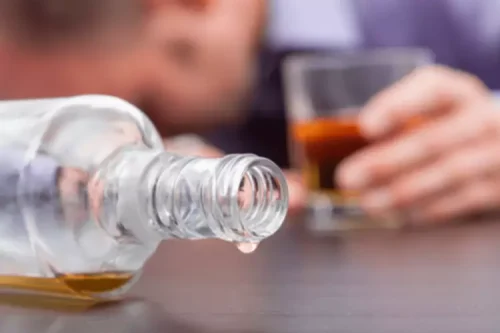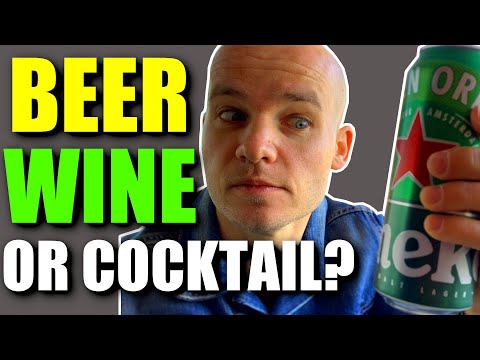In rodents, the actions of CA1 pyramidal cells have striking behavioral correlates. Some cells tend to discharge electrical signals that result in one cell communicating with other cells (i.e., action potentials) when the rodent is in a distinct location in its environment. Collectively, the cells that are active in that particular environment create a spatial, or contextual map that serves as a framework for event memories created in that environment. Because of the location-specific firing of these cells, they often are referred to as “place-cells,” and the regions of the environment in which they fire are referred to as “place-fields” (for reviews, see Best and White 1998; Best et al. 2001).
Interrupted Memories: Alcohol-Induced Blackouts
There also is some evidence that females are more susceptible than males to milder forms of alcohol-induced memory impairments, even when given comparable doses of alcohol (Mumenthaler et al. 1999). Cardiovascular disease continues to be one of the leading causes of death among all Americans and is the leading cause of death in people with type 2 diabetes (Bierman 1992). The relationship of alcohol consumption to cardiovascular disease in diabetic people has not been well evaluated. However, substantial information on the association of alcohol and cardiovascular disease exists from population studies that included an unknown percentage of diabetics. Both complete abstainers and people drinking more than 34 grams of alcohol per day had higher death rates, with abstainers exhibiting the highest death rates from cardiovascular disease and heavy drinkers exhibiting the highest death rates from noncardiovascular disease. Those findings suggest that alcohol consumption, particularly moderate consumption, may have a protective effect against cardiovascular disease.
Alcohol’s Effects on Complications of Diabetes
In addition to their prevalence rate of54%, Barnett and colleagues (2014)found that college students reported experiencing an alcohol-induced blackoutnearly once every five drinking weeks during the first year of college. Thus,alcohol-induced blackouts are not only common among those who consume alcohol,but also recur over time. In contrast to diabetes and alcohol blackouts chronic alcohol consumption in the fed state—which raises blood sugar levels, resulting in hyperglycemia—alcohol consumption in the fasting state can induce a profound reduction in blood glucose levels (i.e., hypoglycemia). That effect has been observed in both type 1 and type 2 diabetics as well as in nondiabetics (Arky and Freinkel 1964).
Diabetes and alcohol consumption
First, alcohol likely stimulates the generation of VLDL particles in the liver, which are rich in triglycerides. Third, alcohol may enhance the increase in triglyceride levels in the blood that usually occurs after a meal. With all the focus on carbs, it’s easy to forget that alcohol also has calories.
Consequences of Alcohol-Induced Blackouts
- These drinks may prompt a large and rapid blood sugar spike, necessitating the use of insulin (for those who customarily use insulin before meals).
- Due to this, it is really important to get someone emergency help if their condition is deteriorating.
- However, when they were mildly intoxicated (0.08 percent BAC) those with a history of fragmentary blackouts performed worse than those without such a history.
- In addition to suppressing the output from pyramidal cells, alcohol has several other effects on hippocampal function.
This is believed to be the primary mechanism underlying the effects of alcohol on LTP, though other transmitter systems probably are also involved (Schummers and Browning 2001). With treatment, most people will be able to continue their daily activities. If a person’s blackouts are related to an underlying medical condition, they should stop once the person receives treatment to manage the condition. According to the University of California, San Francisco, one particular type of epileptic seizure that causes blackouts is a tonic-clonic seizure — also known as a grand-mal seizure.
Roughly half of all students (52 percent) indicated that their first full memory after the onset of the blackout was of waking up in the morning, often in an unfamiliar location. Many students, more females (59 percent) than males (25 percent), were frightened by their last blackout and changed their drinking habits as a result. Alcohol primarily interferes with the ability to form new long-term memories, leaving intact previously established long-term memories and the ability to keep new information active in memory for brief periods.
Alcohol consumption by diabetics can worsen blood sugar control in those patients. For example, long-term alcohol use in well-nourished diabetics can result in excessive https://ecosoberhouse.com/ blood sugar levels. Conversely, long-term alcohol ingestion in diabetics who are not adequately nourished can lead to dangerously low blood sugar levels.
How Does Alcohol Impair Memory?
- By fine-tuning our approach to studying blackouts, we willimprove our understanding of alcohol-induced blackouts, and consequently, bebetter situated to improve prevention strategies.
- Alcohol reduces blood levels of testosterone and may thereby further exacerbate the existing hormonal deficit.
- (A corresponding BAC in humans would be twice the legal driving limit in most States.) As the figure illustrates, the cell’s activity was essentially shut off by alcohol.
Reminding a subject of events during the blackout often brings on more forgotten memories [4]. Such reminders, or cues, may provide contextual information during which a memory was formed, giving access to memory that was deficiently encoded. People with diabetes should be particularly cautious when it comes to drinking alcohol because alcohol can make some of the complications of diabetes worse.
- This is especially true with carbohydrate-heavy drinks like beer and sweet wine.
- Alanine is generated during the breakdown of proteins in the muscles, whereas glycerol is formed during the metabolism of certain fat molecules (i.e., triglycerides).
- A person who has blacked out or overdosed on alcohol could throw up while sleeping due to the loss of reflex control.
- Sleep helps end blackouts because rest gives the body time to process the alcohol.
Theories proposing that alcohol-related amnesia is a result of state-dependent effects of alcohol suggest that forgotten memories of events during intoxication may be recalled by returning to that intoxicated state [18]. However, in a study on fragmentary blackouts, participants that experienced fragmentary blackouts exhibited poor recall even after returning to an intoxicated state [38]. Although alcohol may act as a subjective, physiologic cue [2], a much more influential effect is its impairment of encoding [7,38].




